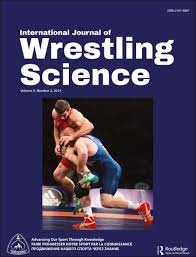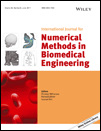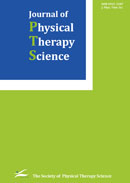 Another front has opened up in the legal battle between the CrossFit exercise brand and a competitor, spurred by a now-retracted paper about the risk of injury from the workout program. Soon, a judge will decide whether CrossFit is entitled to learn the names of the study’s peer reviewers.
Another front has opened up in the legal battle between the CrossFit exercise brand and a competitor, spurred by a now-retracted paper about the risk of injury from the workout program. Soon, a judge will decide whether CrossFit is entitled to learn the names of the study’s peer reviewers.
CrossFit has tried and failed to identify them before. If they’re successful now, it could help establish a new way to legally breach reviewer confidentiality; two outside lawyers we consulted said they’d never before seen a court order a journal to reveal an article’s peer reviewers.
On Jan. 18, Judge Joel Wohlfeil of the Superior Court of the State of California in San Diego is scheduled to hold a hearing on whether or not the National Strength and Conditioning Association (NSCA) should be compelled to unmask the reviewers for “Crossfit-based high-intensity power training improves maximal aerobic fitness and body composition.”
The article was published in 2013 in the Journal of Strength and Conditioning Research (JSCR), the official research publication of the NSCA, and was retracted last year. It’s referred to as the “Devor article” in the court documents, after last author Steven Devor, a former professor at The Ohio State University (OSU).
A “discovery referee” assigned to the defamation case recently ordered NSCA to provide CrossFit with the reviewers’ names, but NSCA is challenging those rulings, saying that they have the same right to protect their sources as journalists do.
Continue reading CrossFit asks court to unmask peer reviewers of retracted study
 A journal has retracted a 2014 paper because of an authorship dispute that became the subject of litigation.
A journal has retracted a 2014 paper because of an authorship dispute that became the subject of litigation.

 A
A
 After issuing a retraction notice May 30 for a biomedical engineering paper, the journal has
After issuing a retraction notice May 30 for a biomedical engineering paper, the journal has  The fallout continues for a study conducted at a local CrossFit gym by researchers at The Ohio State University. First
The fallout continues for a study conducted at a local CrossFit gym by researchers at The Ohio State University. First  A researcher in Germany has been banned from seeking money from the largest independent research funder in the country for five years after an investigation by her former employer found her guilty of misconduct.
A researcher in Germany has been banned from seeking money from the largest independent research funder in the country for five years after an investigation by her former employer found her guilty of misconduct.
